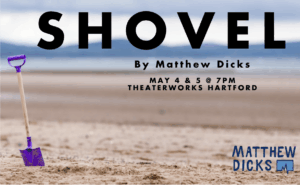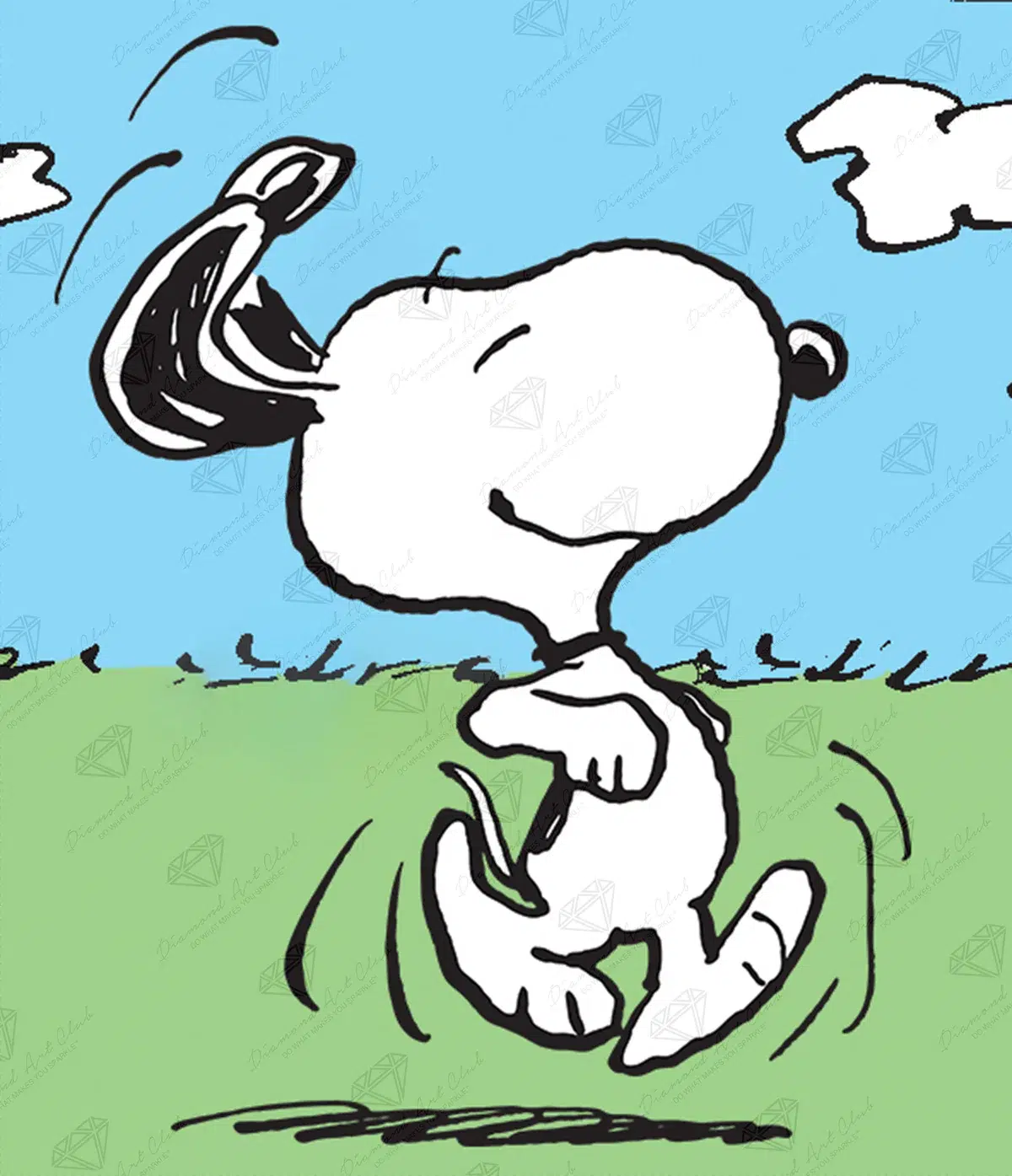Yesterday I described the format of my typical book talk. Today I offer a few suggestions on how to guarantee success at a book talk.
1. One of the criticisms of my book talk format is that not everyone has a plethora of stories to tell about their books, and in these cases, reading from the text is required in order to fill the time.
I do not believe this to be the case.
Even if it were true, however, I don’t think that filling the time by reading large portions of your book is ever a good idea.
But still, I believe that everyone has a story to tell.
While I have admittedly led a less-than-conventional life, I believe that everyone has stories waiting to be told. When I prepare to compete in a Moth storytelling competition (as I am doing now), the first thing I do is ask my ten closest friends for stories that might fit the assigned topic, because I am constantly forgetting many of my story-worthy moments and discarding others as not interesting enough.
Do the same. Ask your friends and family what stories might be appropriate for your book talk, and remember that the connection between the story and the book does not have to be very strong.
If it’s a highly entertaining story, there connection between it and the book can almost be indiscernible.
Also remember that people love to read and listen to stories about work. Pulling back the curtain on your experience in the publishing world is often fertile grounds for storytelling.
2. When you’re finished with a book talk, write down all the questions that the audience asked you, or better yet, have a friend attend your talk and do this for you. Questions from the audience often serve as excellent prompts for future stories, and they can often guide you in terms of what your future audiences will want to hear.
One of the questions I get quite often asks how and when I decided to become a writer. The answer to this question is actually an interesting and amusing story from my days in high school, but I would have never thought to include this story in any of my talks had I not been asked the question so often. When you find a story that audiences seem to appreciate, don’t wait for someone to ask you the right question in order to tell it. Find a way to include it in every talk.
3. Do not read from notes. You should always speak extemporaneously. As unfair as it may be, audiences expect authors to be effective, engaging public speakers, even though we spend much of our time alone and in our heads. Reading word-for-word from a script (which I have seen done three times) will only cause the audience to question your abilities as a storyteller. More importantly, watching someone read from a script is never entertaining. Better to stumble a few times and speak from the heart than to simply read from a set of note cards.
4. Don’t be afraid to form a partnership with another author. There is nothing wrong with sharing the stage. Not only does this double your prospective audience and introduce you to a new set of readers, but it can also be very helpful to a less experienced, less effective public speaker.
In the past, I have partnered with a very successful author who is an excellent writer but a less effective public speaker. While she has many interesting stories to tell, she is often unable to weave these stories seamlessly into her talk. She becomes nervous onstage and requires a moment or two to formulate her thoughts before she is able to answer questions from the audience. When we work together, I serve as a moderator of sorts, sharing my own stories but also providing openings that allow her to tell her stories as well. I answer questions from the audience first in order to provide her the time she needs to think, and I prompt her with questions of my own that I know will engender interesting and amusing responses from her. The format works quite well, and together, we are able to draw a fairly large number of people to our events, making our talks enormously successful.
5. A partnership between a traditionally published author and an indie author or even a self-published author can also be highly beneficial to both parties. Indie and self-published authors often have a difficult time arranging appearances in bookstores and libraries, but if they are partnered with a more traditionally published author, bookstores and libraries can often be convinced to sponsor a joint event. In return for helping these authors gain access to these venues, traditionally published authors will often find themselves with considerably larger audiences than what they are normally accustomed to. Indie and self-published authors are people who have to aggressively sell themselves and will often pound the pavement incessantly in order to ensure that there is a decent-sized audience at an event. A traditionally published author can take advantage of this entrepreneurial spirit by helping the indie author gain access to a venue and thus ensuring a very successful event for both parties.
6. The day before an appearance, I often ask my Twitter and Facebook followers if there are any questions that they would like answered at my event, even if they will not be in attendance. I write these questions on note cards and will use them to initiate the question-and-answer session if needed. Having them in my pocket means that I am guaranteed to have 3-5 questions that I can use is my audience is less than forthcoming in terms of questions, and because I was able to choose them, they are questions that I know will provide me with interesting stories to tell.
7. Be the last to leave person to leave your event. Close up shop with the bookseller or librarian if possible. The extra twenty or thirty minutes that you spend at the end of the night will mean a great deal to the stragglers who have hung around hoping for just a few more minutes with an author they admire. Above all else, never appear to be in a rush to leave. No author, regardless of his or her success, is so important as to run out the door immediately following the talk.
8. There is always one crazy person at every book talk (or at least this seems to be the case). These are people who will attempt to monopolize your time, thrust half-written manuscripts into your hand, and tell you stories about the conspiracy behind their failure to publish. When you encounter these people, I try to be as direct and polite as possible. With luck, your host will help redirect this person away from you.
9. It’s always better to be self-deprecating than self-aggrandizing. Save all your success stories for your parents and grandparents. Book talks are the time to roll out the most embarrassing and humiliating moments of your life. Nothing helps an author connect to an audience better than a reminder that he or she can be just as stupid at times as everyone else.
Thoughts on these suggestions?
Suggestions that you’d like to add?
Have you attended any of my previous book talks and have anything additional that you’d like to add about my performance?
We’re all ears.






